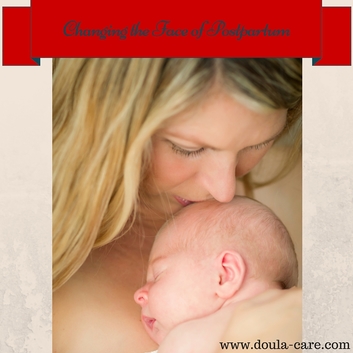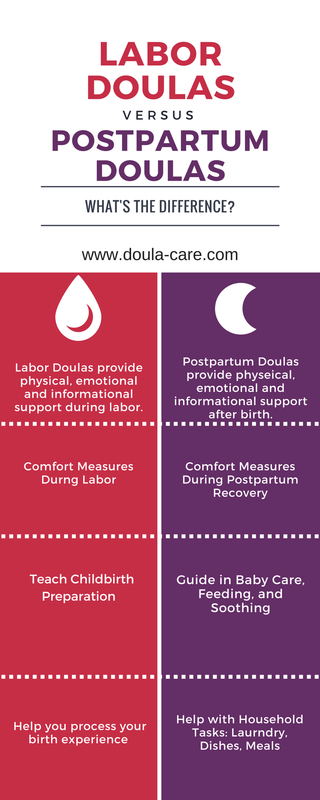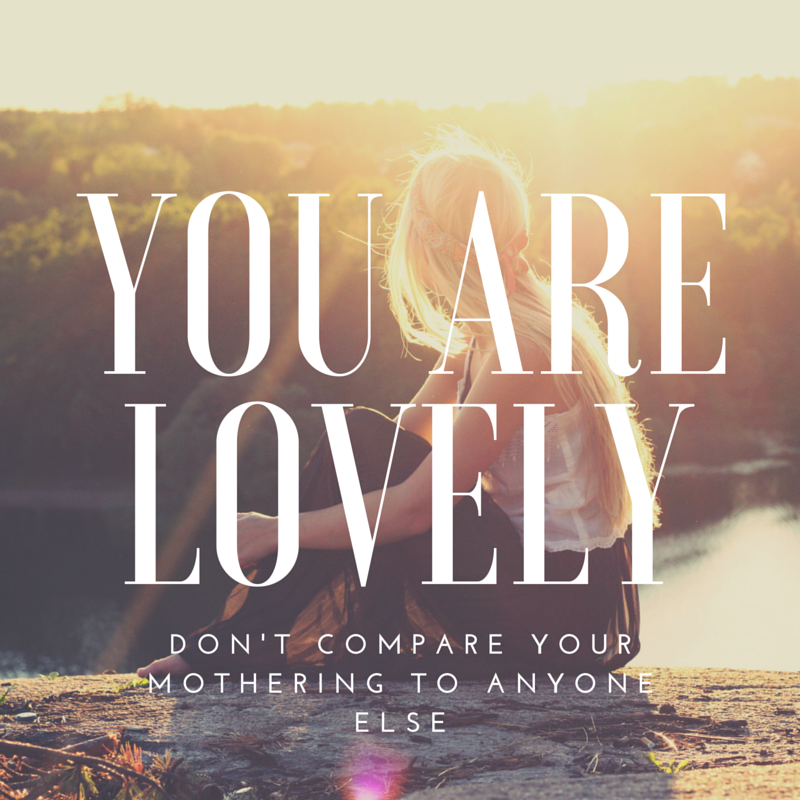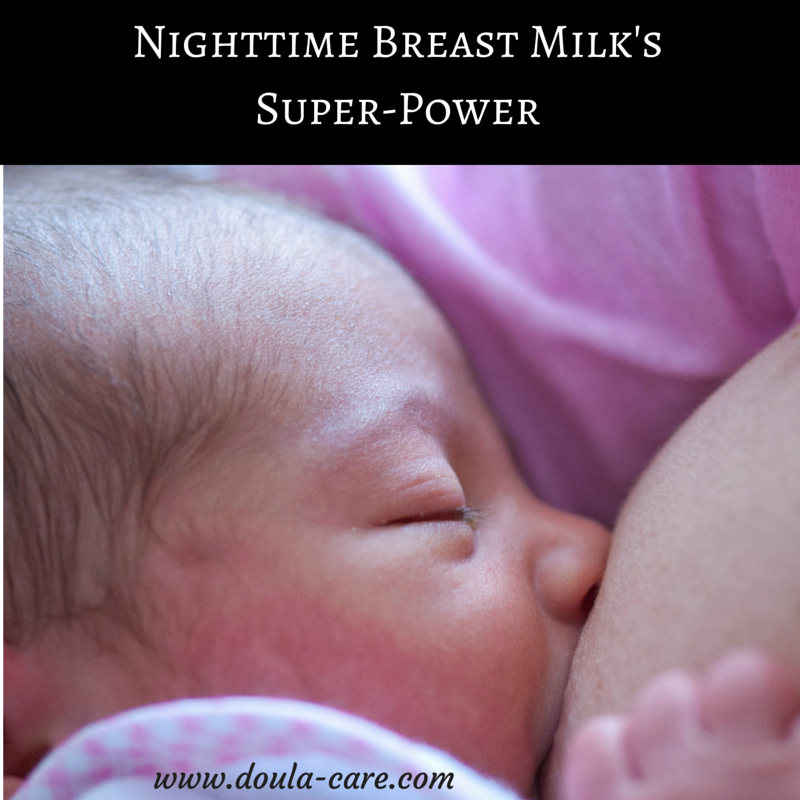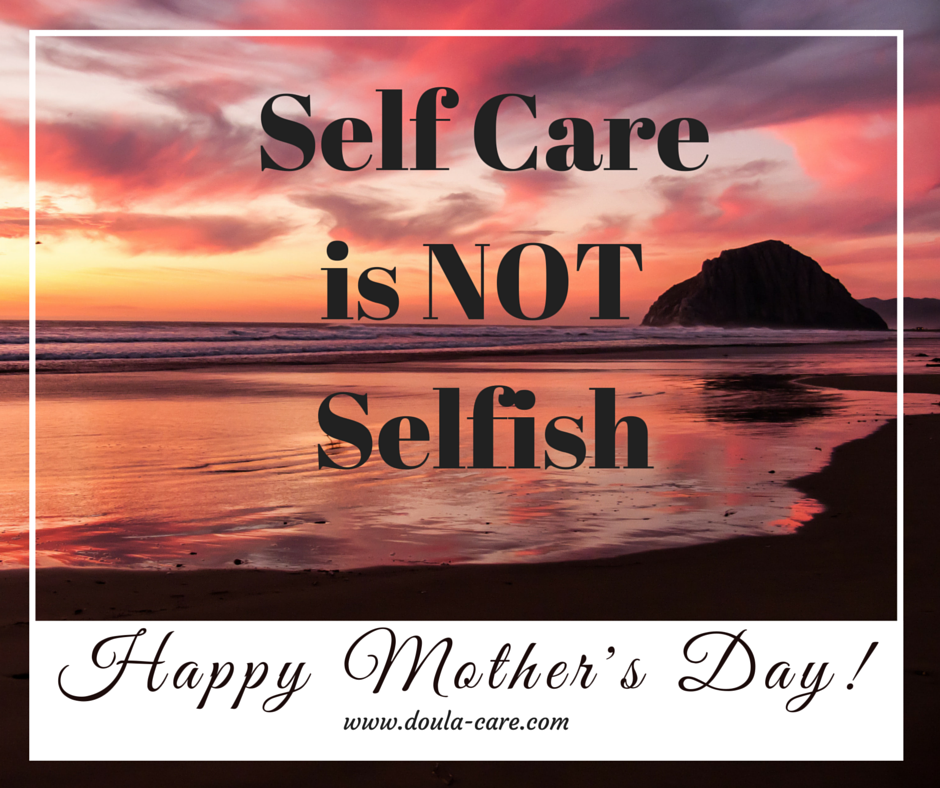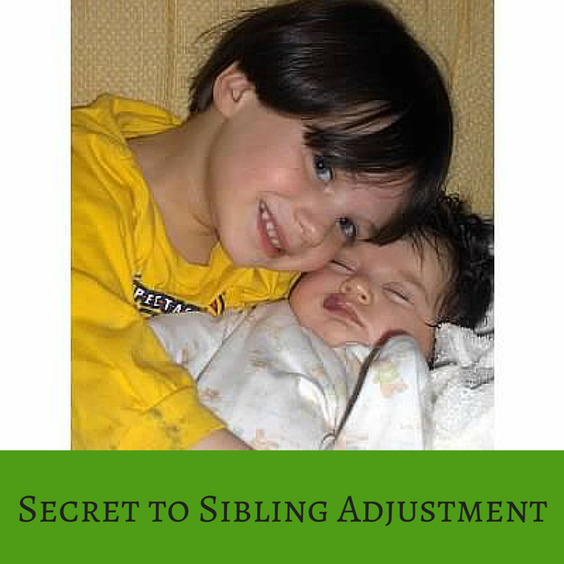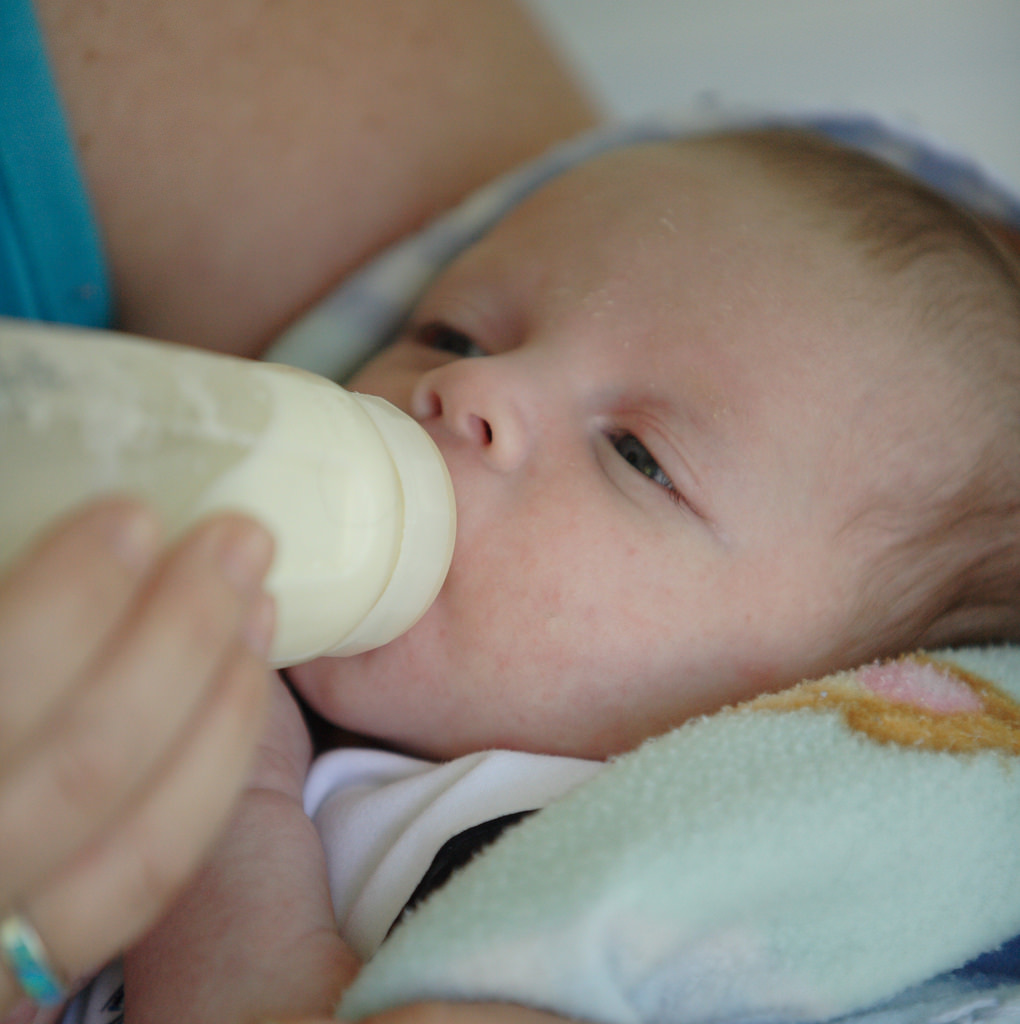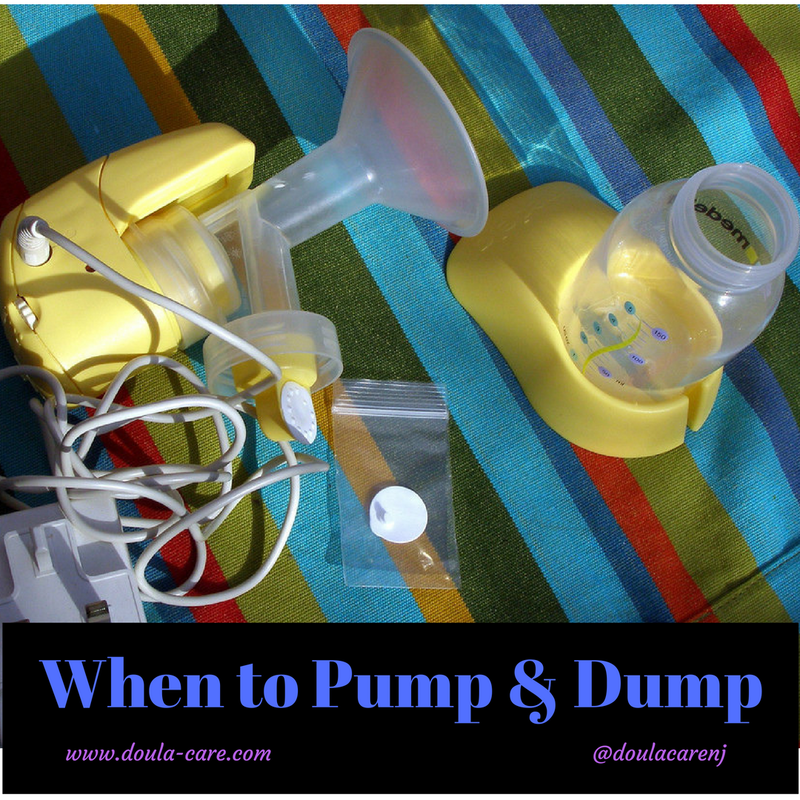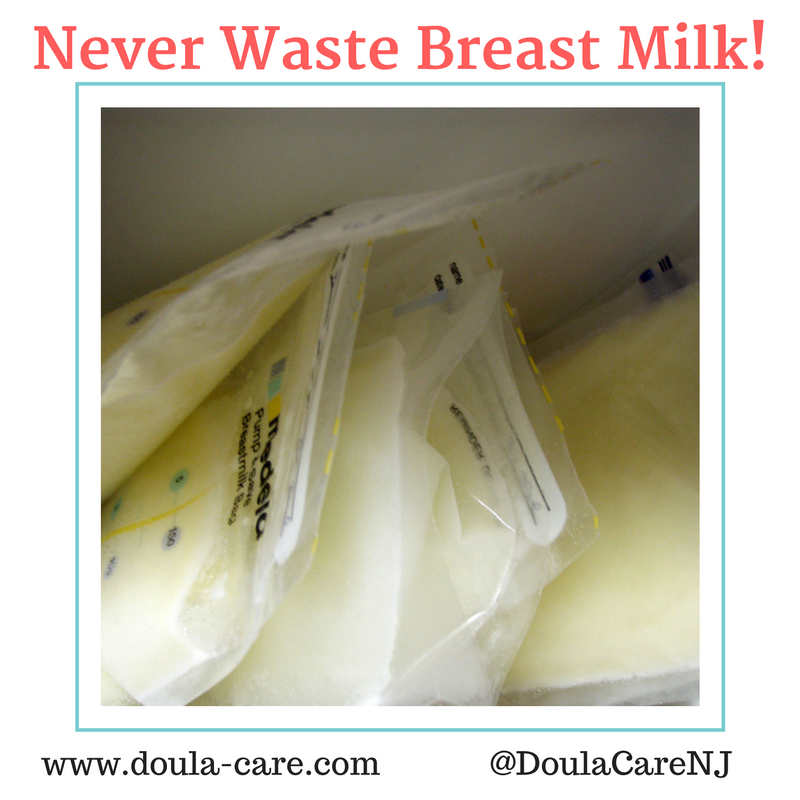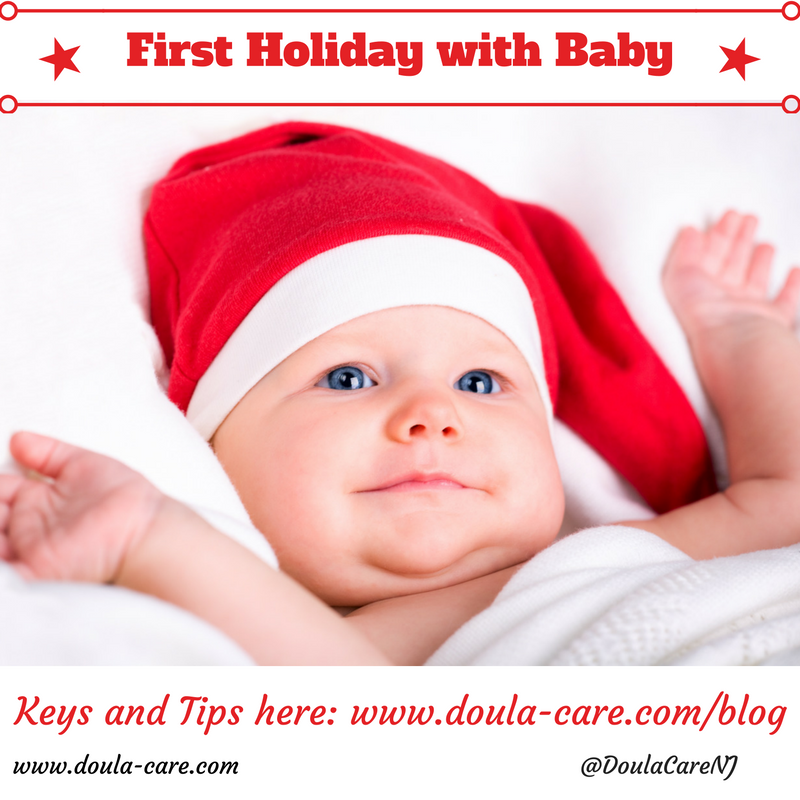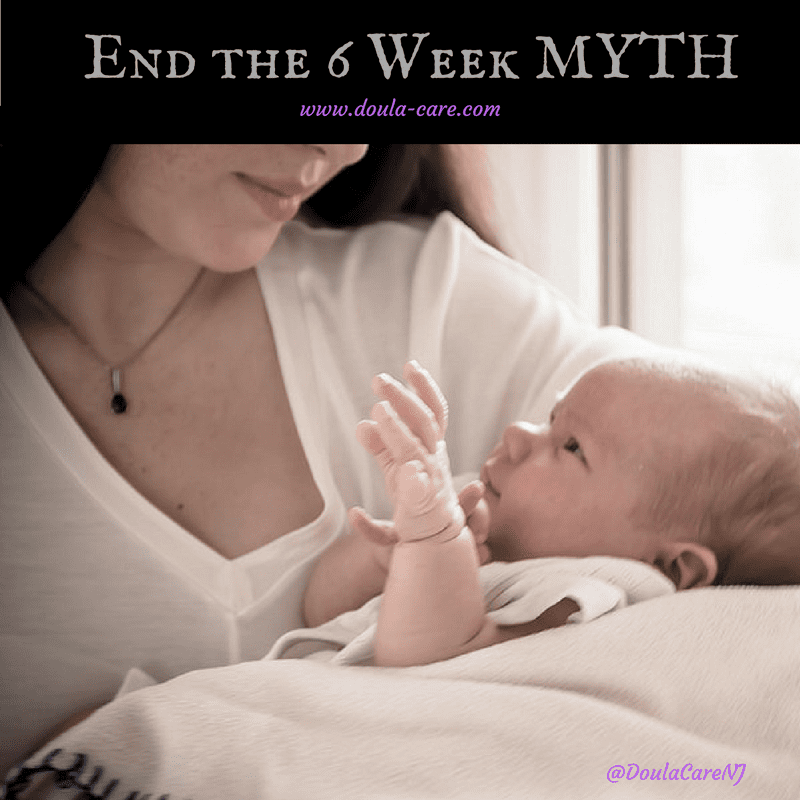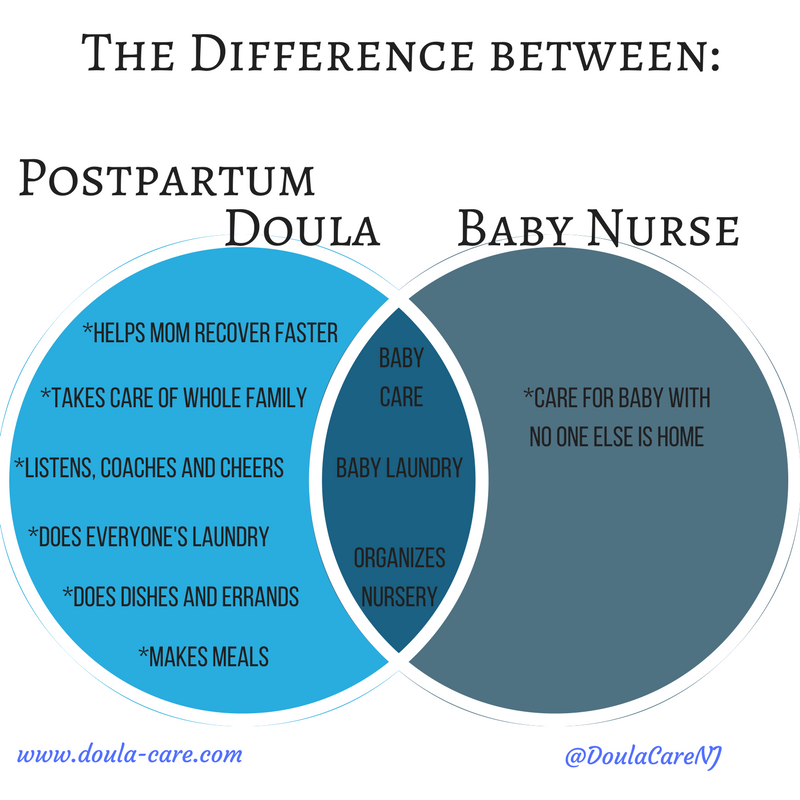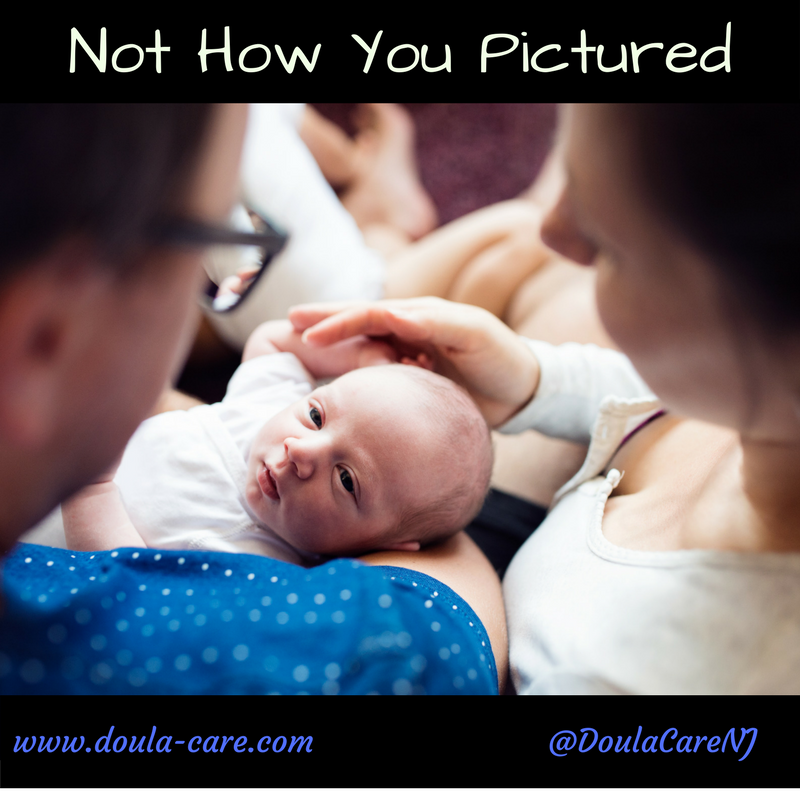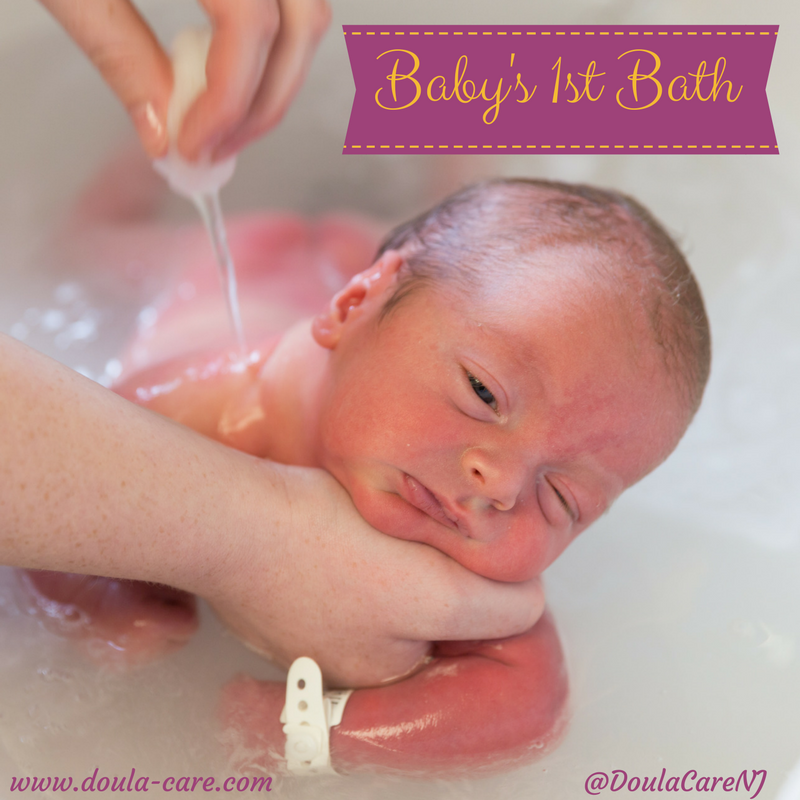Childbirth Classes can be the start of an empowered journey into parenthood. While some hospital classes might be sufficient, they rarely compare with independent classes.....Taught by people who don't benefit from you being easy to manage.
You and your partner deserve to know what to expect and what your choices are. This is an opportunity to learn and discuss what your proiorties are. There will be time during your labor when you can't speak for yourself, so your partner needs to be clear on your choices regarding pain relief, cord clamping, skin to skin contact, etc.
Monmouth County residents are fortunate to have many amazing Childbirth Class Resources.
Bend and Blossom offers Hypnobirthing Classes in Rumson.
Birth, Babies and Beyond offers classes in Tinton Falls.
Natural Beginnings NJ offers classes in Spring Lake.
Your Best Birth offers classes in Red Bank.
Mother to Mother offers private classes.
If for any reason you can't take a childbirth class, there are alternatives. Read Gentle Birth Choices by Barabara Harper, Ina May's Guide to Childbirth by Ina May Gaskin, and watch The Business of Being Born.
Once you've prepared yourself for the hours of labor, take some time to prepare yourself for the days and weeks of the fourth trimester!
You and your partner deserve to know what to expect and what your choices are. This is an opportunity to learn and discuss what your proiorties are. There will be time during your labor when you can't speak for yourself, so your partner needs to be clear on your choices regarding pain relief, cord clamping, skin to skin contact, etc.
Monmouth County residents are fortunate to have many amazing Childbirth Class Resources.
Bend and Blossom offers Hypnobirthing Classes in Rumson.
Birth, Babies and Beyond offers classes in Tinton Falls.
Natural Beginnings NJ offers classes in Spring Lake.
Your Best Birth offers classes in Red Bank.
Mother to Mother offers private classes.
If for any reason you can't take a childbirth class, there are alternatives. Read Gentle Birth Choices by Barabara Harper, Ina May's Guide to Childbirth by Ina May Gaskin, and watch The Business of Being Born.
Once you've prepared yourself for the hours of labor, take some time to prepare yourself for the days and weeks of the fourth trimester!

